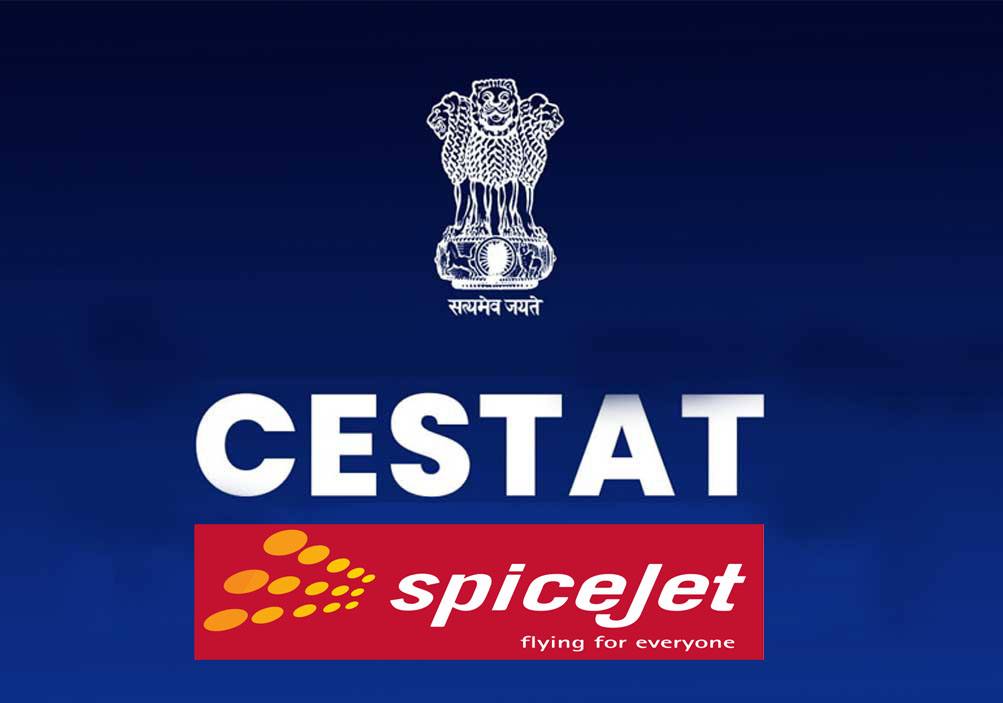In Service Tax Appeal No. 52591 of 2016 -CESTAT- CESTAT (Delhi) rules in favour of Spicejet Ltd, sets aside demand based on extended period of limitation
Members Dilip Gupta (President) & P. Anjani Kumar (Technical) [03-07-2023]

Read Order: Commissioner, Service Tax v. Spicejet Ltd.
Chahat Varma
New Delhi, July 5, 2023: In a favourable judgment for Spicejet Ltd. (respondent), the Delhi bench of the Customs, Excise and Service Tax Appellate Tribunal has ruled that if the entire demand mentioned in the show cause notice was based on the extended period of limitation, then the demand proposed in the notice must be set aside, regardless of any challenges on the merits raised by the department.
The department had filed the present appeal, challenging the order of the Commissioner of Service Tax, New Delhi, which dropped the demand for service tax on excess baggage charges and allowed the respondent to claim CENVAT credit.
The bench comprising of Dilip Gupta (President) and P. Anjani Kumar (Technical) observed that in the present case, a show cause notice was issued on 21.10.2014. The dispute involved two aspects: CENVAT credit taken in excess of rule 6(3A) of the 2004 Credit Rules for the period from July 2010 to March 2011, and service tax short paid on excess baggage charges for the period from April 2009 to March 2012. It was noted that the entire demand was based on the extended period of limitation.
The bench further noted that the Commissioner had categorically found that the extended period of limitation could not be invoked in the given facts and circumstances. The department did not challenge this finding in the appeal, limiting their challenge to the Commissioner's findings on dropping the demand proposed in the show cause notice. Consequently, the bench held that in the absence of any challenge to the Commissioner's finding, the extended period of limitation could not be invoked in this case.
The bench also observed that an audit of the respondent's statutory records had been conducted from 02.05.2012 to 08.05.2012, during which the same issues and demand were highlighted in the audit report. Additionally, the respondent had been regularly filing ST-3 returns. However, the show cause notice was issued on 21.10.2014, more than two years after the department became aware of the relevant facts. Therefore, the bench concluded that the department could not invoke the extended period of limitation in this case.
Sign up for our weekly newsletter to stay up to date on our product, events featured blog, special offer and all of the exciting things that take place here at Legitquest.




Add a Comment